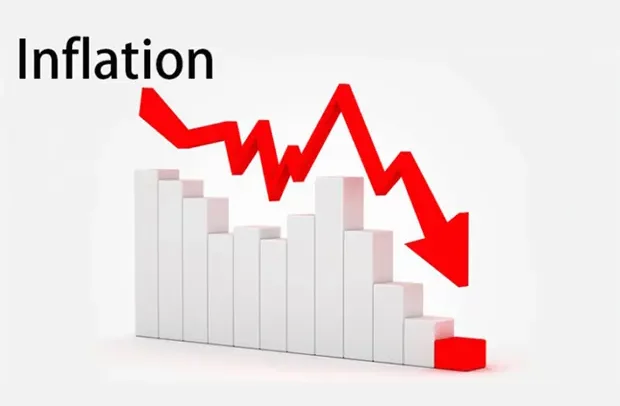Ghana’s economy has faced significant challenges in recent years, with inflation being a major concern for policymakers and citizens alike.
However, according to Deloitte’s West Africa Economic Outlook report, the country’s inflation rate is projected to decline to between 15% and 18% by the end of 2024.
This positive forecast comes as a welcome relief after years of economic turmoil.
In December 2022, Ghana’s inflation rate hit a record high of 54.1%, causing widespread concern among citizens and businesses.
However, since then, the country has seen a steady decline in inflation, reaching a 27-month low of 20.9% in July 2024.
This disinflationary trend is attributed to several factors, including a tight monetary policy stance by the Bank of Ghana, ongoing fiscal consolidation efforts by the government, and relatively stable transportation fares.
Deloitte’s analysis suggests that this trend is likely to continue through the second half of the year, with the inflation rate potentially falling below 10% by 2026. This would be a significant achievement for Ghana, which has struggled with high inflation rates for several years.
However, Deloitte has also raised concerns about potential upside risks that could disrupt this trajectory. One of the primary risks is the anticipated increase in election-related spending as Ghana approaches its next general elections.
This could lead to an increase in the money supply, potentially fueling demand-pull inflation and slowing the decline in the overall inflation rate.
Despite these concerns, the overall outlook remains cautiously optimistic. If Ghana can maintain its current fiscal discipline and continue with its tight monetary policies, the country could see significant improvements in its inflation rate over the next few years.
This would bring much-needed economic stability to its citizens and businesses.
Background History
Ghana’s economy has faced significant challenges in recent years, including a decline in commodity prices, a depreciation of the cedi, and a rise in inflation.
In 2022, the country’s inflation rate hit a record high of 54.1%, causing widespread concern among citizens and businesses.
In response to these challenges, the government implemented several measures to stabilize the economy, including a tight monetary policy stance by the Bank of Ghana and ongoing fiscal consolidation efforts.
These measures have helped to reduce inflation and stabilize the cedi.
However, the country still faces significant economic challenges, including a high debt-to-GDP ratio and a reliance on commodity exports.
To address these challenges, the government has implemented several structural reforms, including the establishment of a fiscal council and the implementation of a new insolvency law.
-BY Daniel Bampoe


